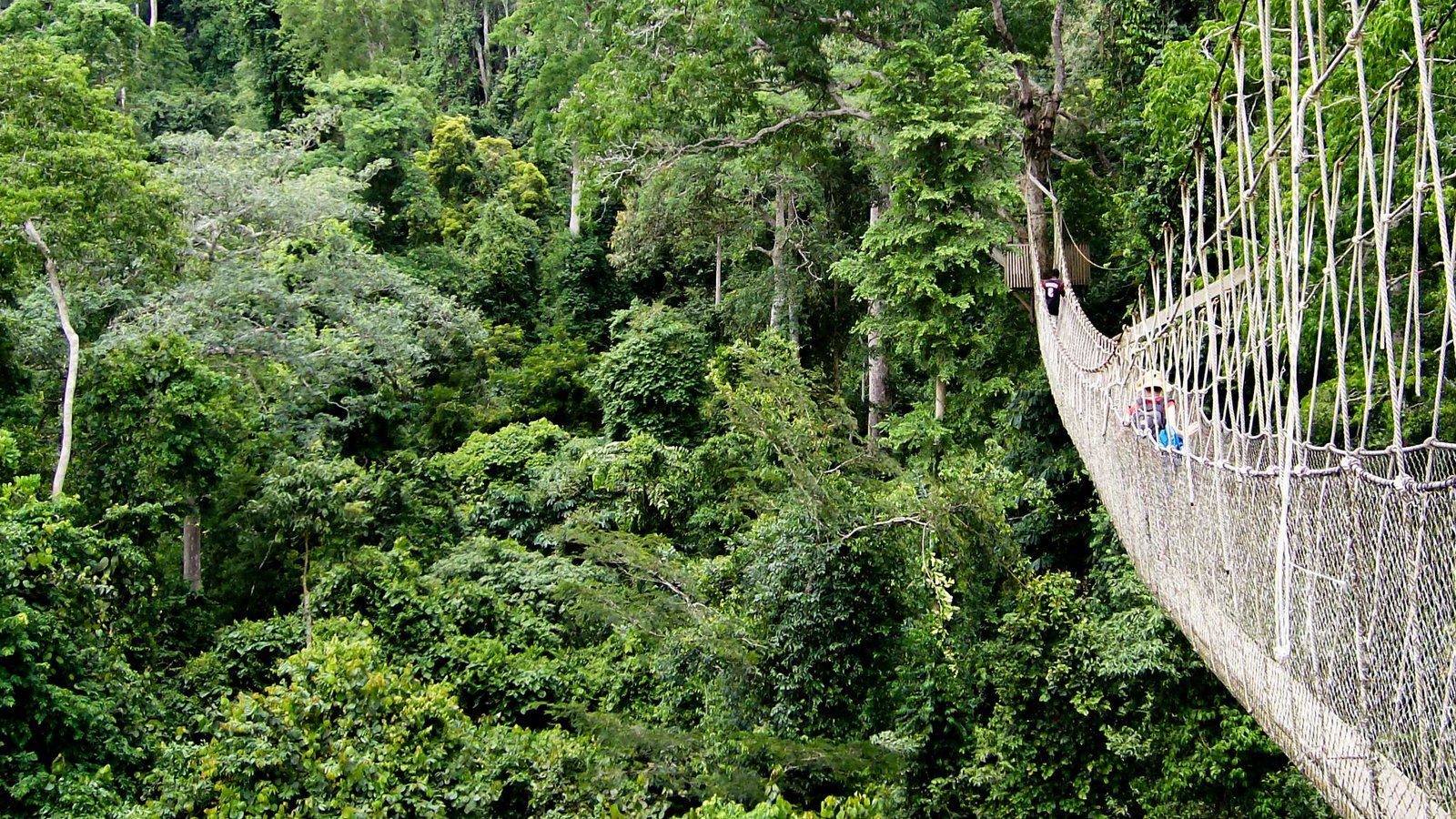Ghana pushes ahead with efforts to reduce emissions from deforestation, forest degradation
The government has received an advance payment of US$1.3 million out of a US$50 million agreement with the World Bank’s Forest Carbon Partnership Facility for results-based payments for reducing emissions from deforestation and forest degradation (known as REDD+).
The advance payment was included in the programme contract signed last year.
The funds will be used for the Ghana Cocoa Forest REDD+ Programme (GCFRP), focused on cocoa forest mosaic landscapes in seven regions within the high forest zone. This emission reductions programme is anchored in the country’s Nationally Determined Contributions (NDCs) to the UN Framework Convention on Climate Change (UNFCCC).
As part of the programme’s agreed plan, the advance payment will be received by the Forestry Commission, which houses the National REDD+ Secretariat, and will fund activities such as livelihood support, trainings, reforestation and enrichment planting in the program areas, multi-stakeholder, multi-sectoral engagement,
and essential program coordination costs, a statement issued by the commission said.

According to the Ministry of Lands and Natural Reources, the financing is especially timely, given the current COVID-19 situation, for Ghana to maintain momentum with this initiative and to ‘build back greener.’
“This programme is an important vehicle for the effective and successful implementation of both government and private sector commitments under the Cocoa & Forests Initiative, which together feed into the overall forest sector contributions for Ghana’s international climate targets. This advance payment is vital to catalyse the programme’s implementation efforts,” the Minister of Lands and Natural Resources, Kwaku Asomah-Cheremeh.
“This emission reductions program is a unique public-private partnership between cocoa companies, traditional authorities, farmers, community members, the Ghana Cocoa Board and the Forestry Commission amongst others.
“It represents a pilot model for sustainable sourcing of cocoa in rapidly growing economies, while reducing emissions from deforestation and forest degradation and creating alternative and additional livelihoods.
“The Forestry Commission is therefore rallying the support of all stakeholders and beneficiaries to achieve successful implementation,” said the Chief Executive of the Forestry Commission, John M. Allotey, said.

The programme area, which spans nearly 6 million hectares, is home to 12 million people and includes 1.2 million hectares of forest reserves and national parks.
The programme will promote several environmental benefits such as preventing soil erosion and protecting water resources through sustainable land management practices. It will reduce further deforestation of natural forests and improve carbon sequestration through shade cocoa rehabilitation, enrichment planting and inter-cropping in the Bono, Ahafo, Western North, Ashanti, Eastern, Central and Western regions.
Social benefits
It will also support social benefits that provide farmers and community members with potential additional income on a sustainable basis, and plantation activities like nursery operations, planting, forest management and protection which will increase employment opportunities.
During the six-year lifetime of the GCFRP, as the results-based payments for verified emissions begin to flow to Ghana, they will serve as an ongoing incentive for the diverse stakeholders participating in this program and will be shared in accordance with the inclusive benefit-sharing plan.
Stakeholder engagement around implementation is critical for the success of the program. Building on the support provided by the advance funding, results-based payments for emission reductions will be made after rigorous third-party verification. Ghana has finalized the methodology for monitoring deforestation and is in the process of preparing its monitoring report for the first independent verification, expected to take place in 2021.
“The GCFRP positions Ghana to be amongst the first countries globally to demonstrate how improved governance, inclusive participation, collaborative forest resources management and sound agroforestry practices in a commodity-driven landscape can work together to deliver real, verifiable and ambitious climate action whilst building ecosystem and livelihood resilience,” said Ms. Roselyn Fosuah Adjei,
Director for Climate Change and REDD+ National Focal Point at the Forestry Commission.
“The advance payment can serve as catalyst for Ghana’s further progress in conserving forests and reducing emissions,” the World Bank’s Operations Manager in Ghana, Agata Pawlowska, said.
“We are confident that Ghana will continue to liaise with stakeholders and the private sector in this unique programme which will support more sustainable cocoa production, increased incomes for cocoa farmers and climate co-benefits through minimizing its deforestation and forest degradation footprint.”



